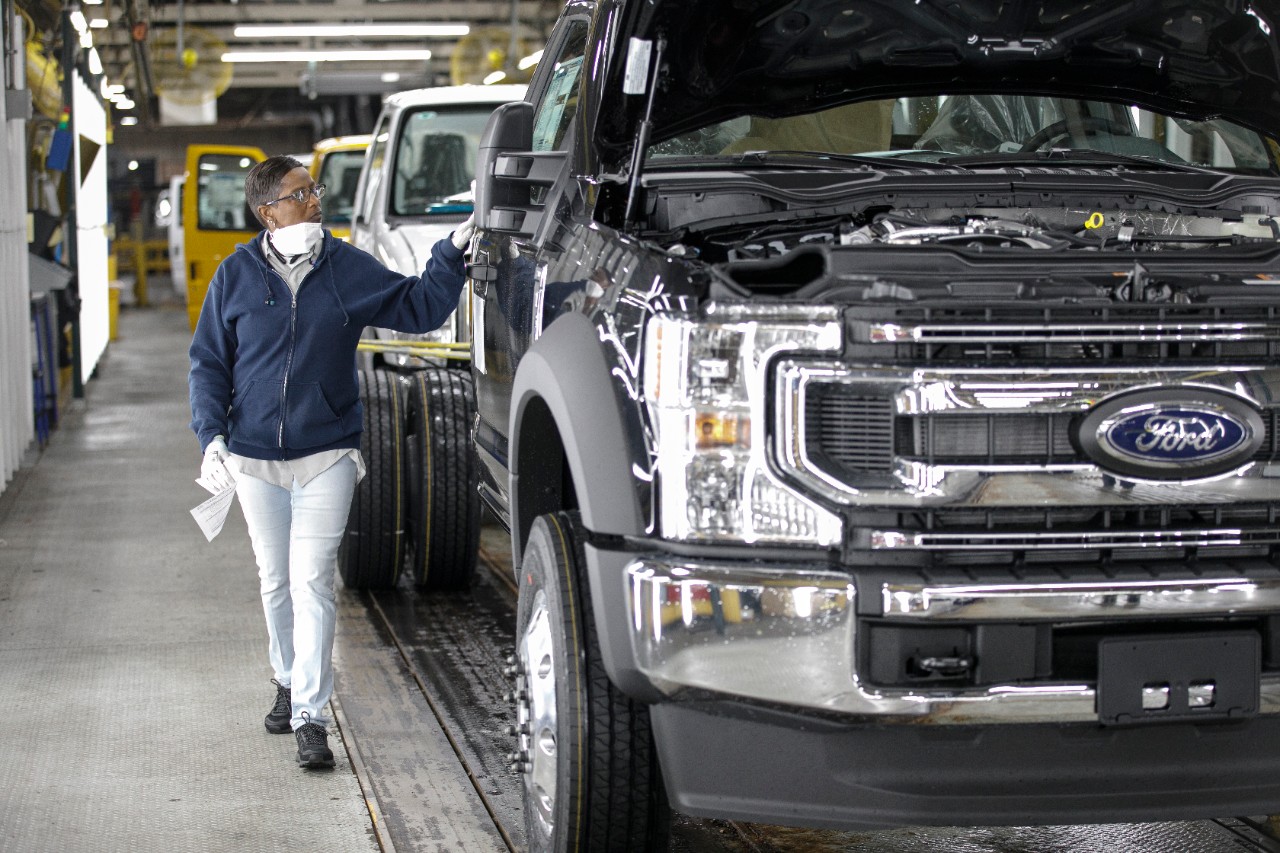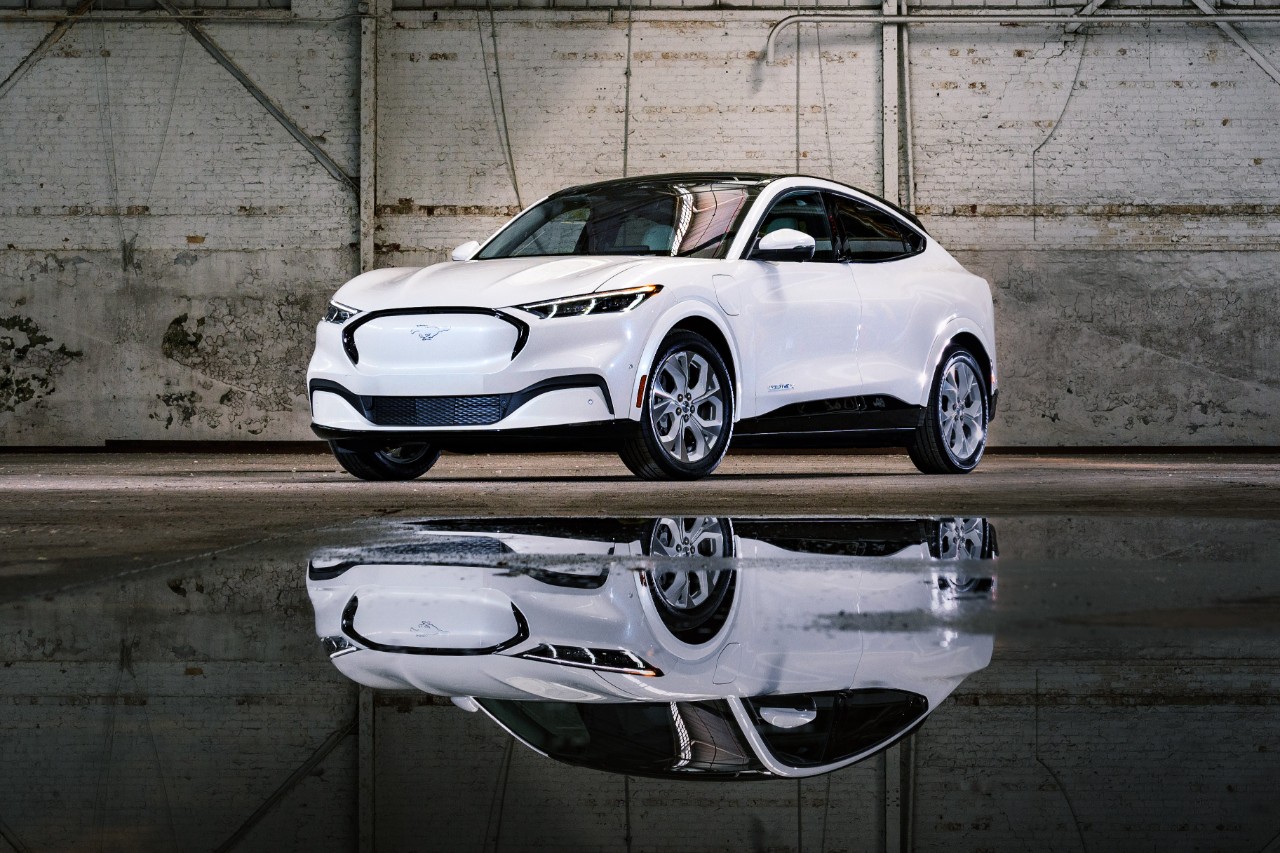The United Auto Workers (UAW) labor union says that it has reached a deal with the Detroit automakers that will keep U.S. auto factories open and running, at least for now.
The statement came after UAW leaders met with executives from General Motors (GM +4.01%), Ford Motor Company (F +3.69%), and Fiat Chrysler Automobiles (FCAU +0.00%) on Tuesday night. That meeting followed a tense two-day standoff as the UAW demanded a two-week factory shutdown to help protect workers from the COVID-19 virus.
What the UAW said about auto factory shutdowns
In a statement, the UAW said that Ford, GM, and Fiat Chrysler (FCA) have agreed to new measures that are aligned with current recommendations from the U.S. Centers for Disease Control and Prevention (CDC), which call for social distancing to slow the spread of the virus.
"All three companies have agreed to review and implement the rotating partial shutdown of facilities, extensive deep cleaning of facility and equipment between shifts, extended periods between shifts, and extensive plans to avoid member contact," the union said.
The automakers have also agreed to work with the union's representatives to lobby Congress for relief measures as needed, the union said.

Ford's Chicago assembly plant stopped work for several hours Tuesday, after a worker at a supplier's factory was diagnosed with COVID-19. Image source: Ford Motor Company.
Auto factories are already shutting down in Europe
Several automakers, including Ford and FCA, have already announced that they will idle their factories in Europe for at least a couple of weeks in order to keep workers healthy and match vehicle supplies to rapidly falling demand.
Suppliers are also shutting down, which could force automakers in Europe and North America to suspend production for lack of parts, whether they want to or not. At least one has already done so: Supercar maker Ferrari (RACE +1.49%) had intended to continue production at a reduced pace through the pandemic, but it had to shut down its Italian factories over the weekend after it ran short of key parts.
Ferrari's move may have been forced by brake supplier Brembo's decision last Friday to idle its four factories for the time being.
What it means for investors
This is a crucial moment for the automakers. Social-distancing measures are expected to cause a sharp decline in new-vehicle sales for the time being, putting additional pressure on the automakers to idle their factories.
The Center for Automotive Research estimates that for each seven-day period that consumers stop buying new vehicles in the U.S., the country's economy would lose roughly 94,400 jobs and $7.3 billion in overall earnings. Not all of that will hit Ford, GM, and FCA, but it gives an idea of the scale of the potential losses.
If the Detroit automakers' U.S. factories shut down for an extended period, the net effect is likely to be similar. As auto investors know, automakers record revenue when vehicles are shipped to dealers; if there are no shipments, there's no revenue.
For investors, a widespread factory shutdown will almost certainly mean dividend cuts and steep drops in stock prices, at the very least.
History teaches us that things will get better at some point. Auto production will return to normal levels, and the automakers will return to comfortable profitability. But the road from here to there is likely to be a rough one. Auto investors should be ready to hold on tight for the next few months.








